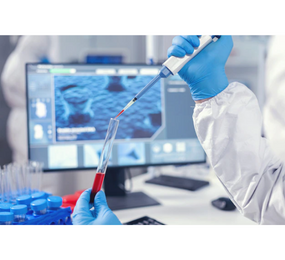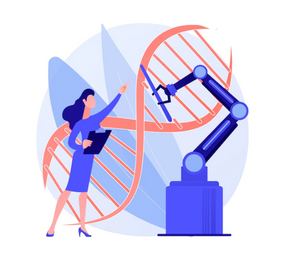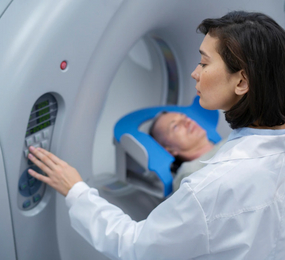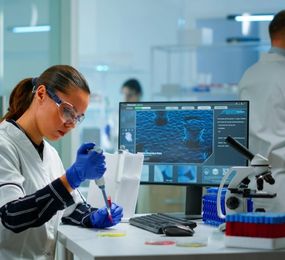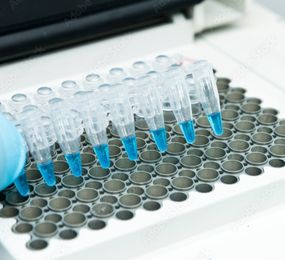Industry 4.0 is the fourth industrial revolution, which is characterized by the use of advanced technologies, such as automation, big data, and artificial intelligence, to improve the efficiency and productivity of manufacturing.
Bioprocessing is the use of biological systems to create products, such as drugs, vaccines, and food. It is a rapidly growing field, and many bioprocessing companies are adopting Industry 4.0 technologies to improve their operations.
Here are some of the ways that bioprocessing is adopting Industry 4.0:
-
The use of automation: Automation is the use of machines to perform tasks that were previously done by humans. In bioprocessing, automation can be used to control and monitor manufacturing processes, as well as to track and manage data.
-
The use of big data: Big data is the collection and analysis of large amounts of data. In bioprocessing, big data can be used to improve quality control, optimize processes, and make better decisions.
-
The use of artificial intelligence: Artificial intelligence (AI) is the ability of machines to learn and make decisions like humans. In bioprocessing, AI can be used to automate tasks, optimize processes, and identify potential problems.
The adoption of Industry 4.0 technologies is helping bioprocessing companies to improve their efficiency, productivity, and profitability. It is also helping them to create new products and therapies that can improve the lives of patients.
The following are some of the key benefits of adopting Industry 4.0 in bioprocessing:
-
Improved efficiency: Industry 4.0 technologies can help to improve the efficiency of bioprocessing by automating tasks, optimizing processes, and reducing waste.
-
Increased productivity: Industry 4.0 technologies can help to increase the productivity of bioprocessing by reducing the time it takes to manufacture products and by increasing the output of manufacturing lines.
-
Enhanced quality: Industry 4.0 technologies can help to enhance the quality of bioprocessing products by improving quality control and by identifying potential problems early on.
-
Reduced costs: Industry 4.0 technologies can help to reduce the costs of bioprocessing by automating tasks, optimizing processes, and reducing waste.
-
Improved decision-making: Industry 4.0 technologies can help to improve decision-making in bioprocessing by providing real-time data and insights.
The adoption of Industry 4.0 is not without its challenges. Some of the challenges include:
-
The high cost of implementation: Industry 4.0 technologies can be expensive to implement.
-
The need for skilled workers: Industry 4.0 technologies require skilled workers to operate and maintain them.
-
The need for data security: Industry 4.0 technologies collect and store a lot of data, which needs to be secure.
Despite the challenges, the benefits of adopting Industry 4.0 in bioprocessing are significant. As the technology continues to develop, we can expect to see even more bioprocessing companies adopting Industry 4.0 to improve their operations.
To register or learn more about the Forum please check here: https://bit.ly/3zxguXW
For more information and group participation, contact us: [email protected]




